Alzheimer’s disease now affects more than seven million people in the U.S., and nearly four in five Americans say they would want to know if they have it before symptoms emerge.
This data comes from the Alzheimer’s Association’s annual report, titled “Alzheimer’s Disease Facts and Figures.”
“For a long time, it was like, ‘Oh, I wouldn’t want to find out.’ And so knowing that people can do more now is making a difference in the stigma,” said Dr. Elizabeth Edgerly, senior director for Community Programs and Services for the Alzheimer’s Association, in an interview with Fox News Digital.
EXERCISE CAN PREVENT COGNITIVE DECLINE EVEN WHEN ENERGY LAGS, RESEARCHERS DISCOVER
Edgerly was referring to the advancement of technology that allows for early Alzheimer’s detection, making testing more accessible than ever.
Traditionally, pre-symptom Alzheimer’s testing has involved costly, invasive methods like PET scans and spinal taps.
And when it comes to senior health, it can be difficult to determine the level of urgency in potential red flags, according to Edgerly.
“People struggle to try to figure out: Is that normal aging, or something we should get checked out?”
Another obstacle is that testing can take a very long time. “That process can take months or even years to get to the point where someone has a definitive diagnosis,” Edgerly said.
The introduction of a new blood test — one that can predict the likelihood of Alzheimer’s developing in a person before symptoms begin — makes the process a lot less daunting, the expert noted.
“It’s much more common, more affordable, more accessible.”
RETIREMENT COULD BE BAD FOR YOUR HEALTH, SAYS WELLNESS EXPERT: ‘POWERED BY PURPOSE’
The growing desire for transparency could also be related to the sharp rise in caregiving costs and the labor of caregiving itself.
The national cost of caring for those with Alzheimer’s and other dementias is projected to reach $384 billion in 2025 — up $24 billion from just a year ago, according to the Alzheimer’s Association.
Nearly 12 million family members and friends provide 19.2 billion hours of unpaid care, valued at an additional $413 billion.
“Anyone who has cared for someone or has close friends who have been affected … it’s hard to not want to change that,” said Edgerly, whose own mother suffered from a form of dementia.
‘I’M A NEUROLOGIST — HERE’S WHY DEMENTIA IS RISING AND HOW TO REDUCE YOUR RISK’
Three in five people surveyed said they would accept a moderate or even high risk level from taking medication to slow the disease’s progression.
While much research is still needed into the disease’s progression, Edgerly said people can take steps to potentially reduce their risk.
“Eating a diet that’s rich in fruits and vegetables — the Mediterranean diet is probably the one most people know — exercising, handling things like high blood pressure … all of that appears to make a positive difference,” she told Fox News Digital.
For more Health articles, visit www.foxnews.com/health
With over 140 treatment options in the works, Edgerly said Americans may feel more optimistic than ever about the reality of Alzheimer’s, even as risk grows amid an aging population.
“We’re also seeing that there is a higher recognition of Alzheimer’s,” the expert noted. “For a long time — and still — many people don’t get diagnosed. But those numbers are changing.”
CLICK HERE TO SIGN UP FOR OUR HEALTH NEWSLETTER
“We’re trying to get to the place where cancer is today — more openness, support and survivorship.”


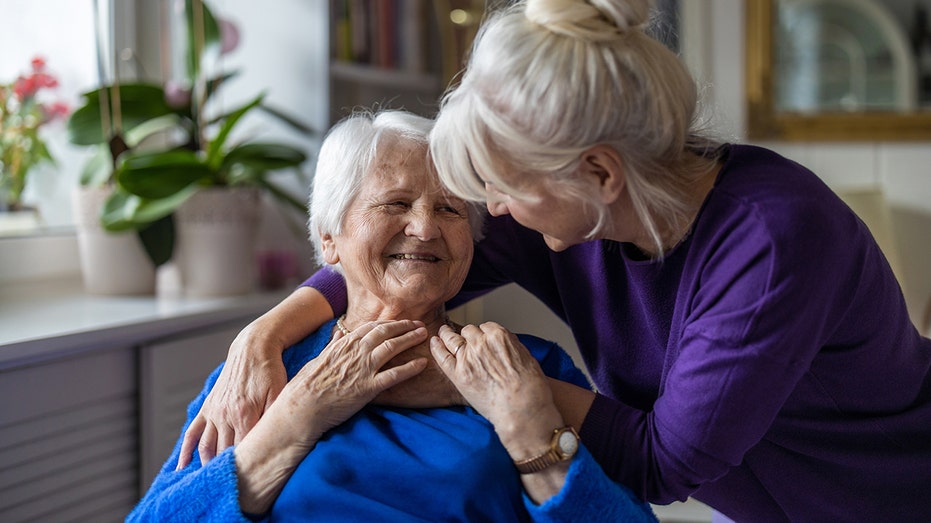

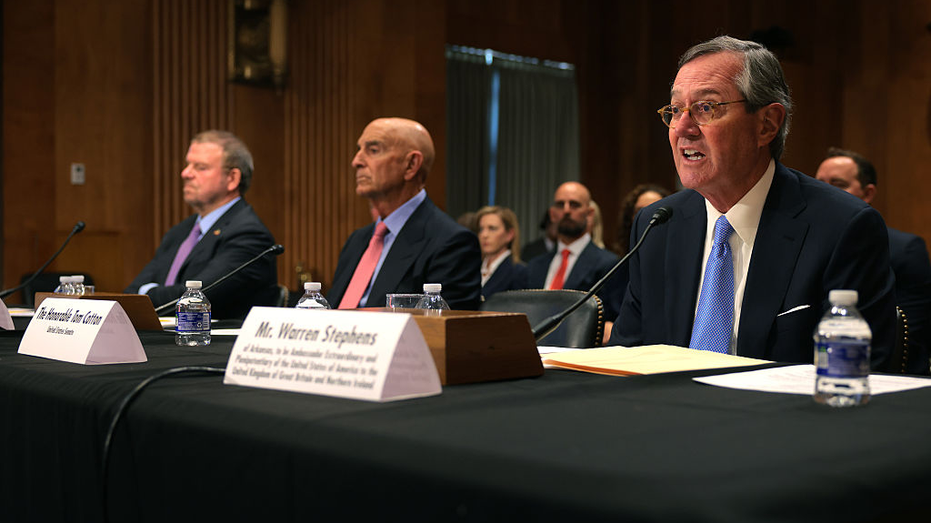
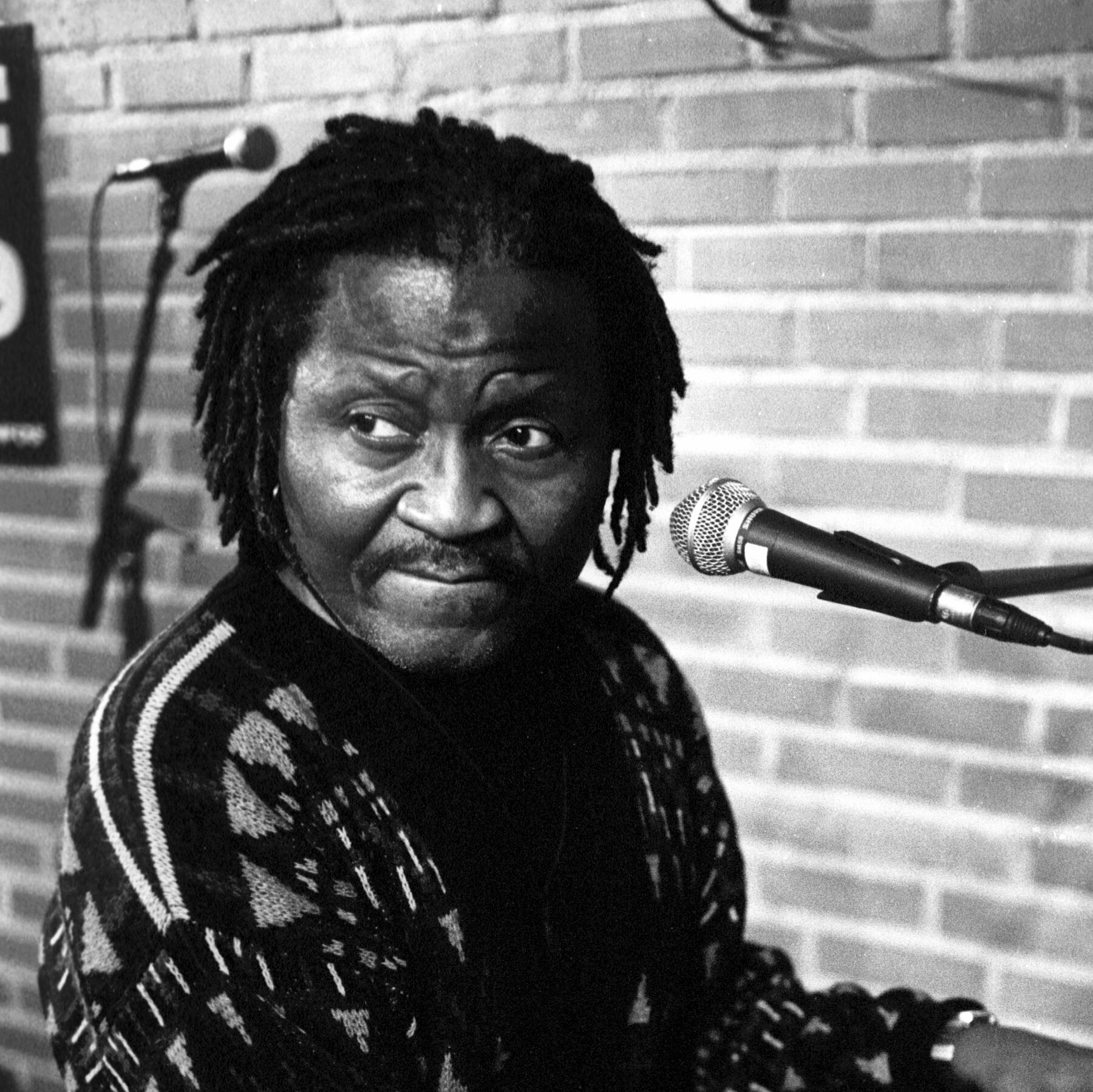

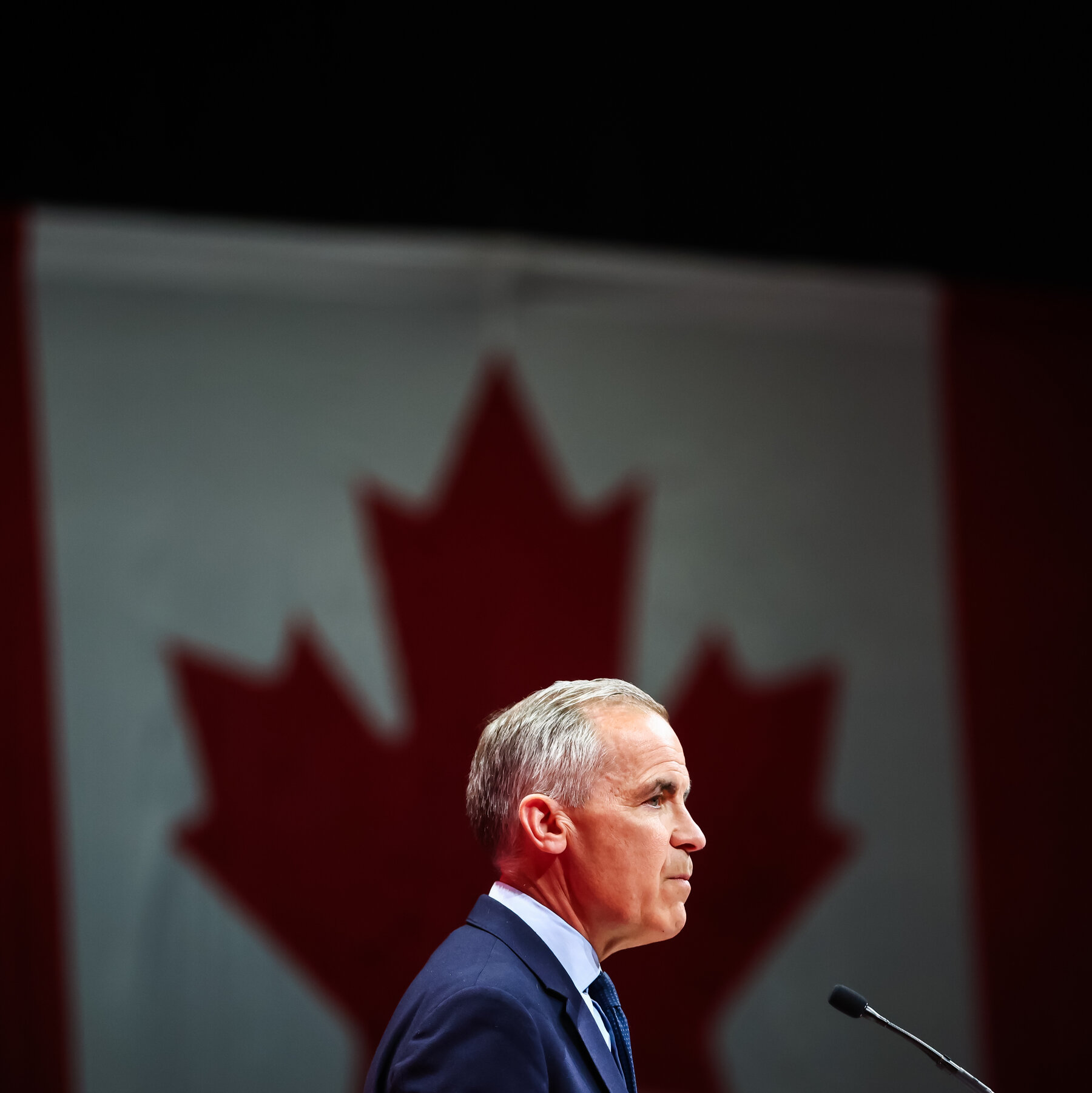
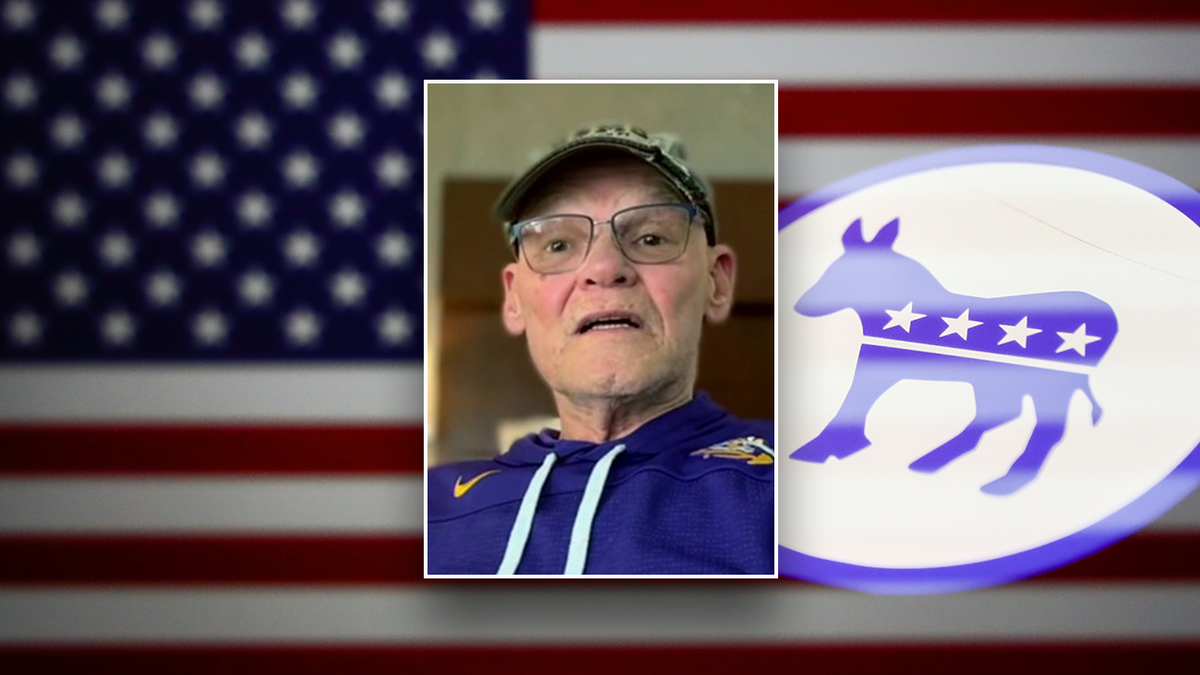


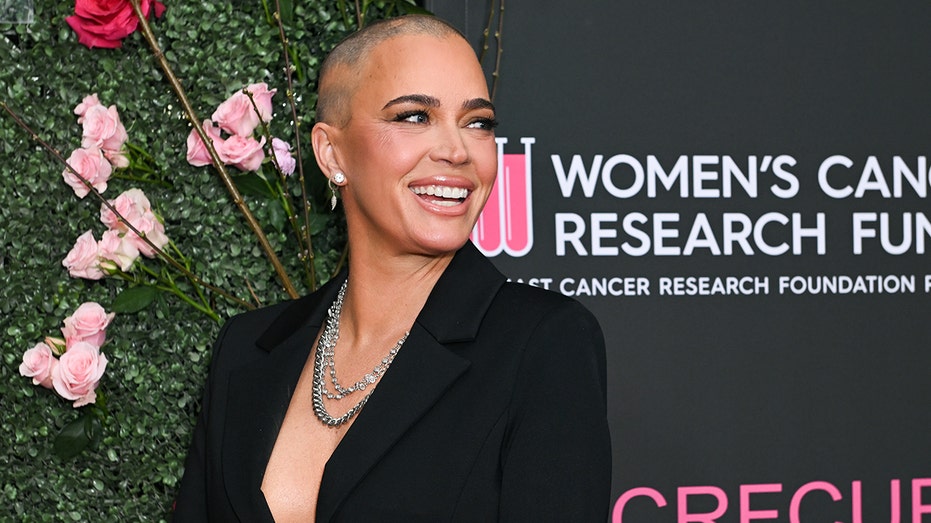

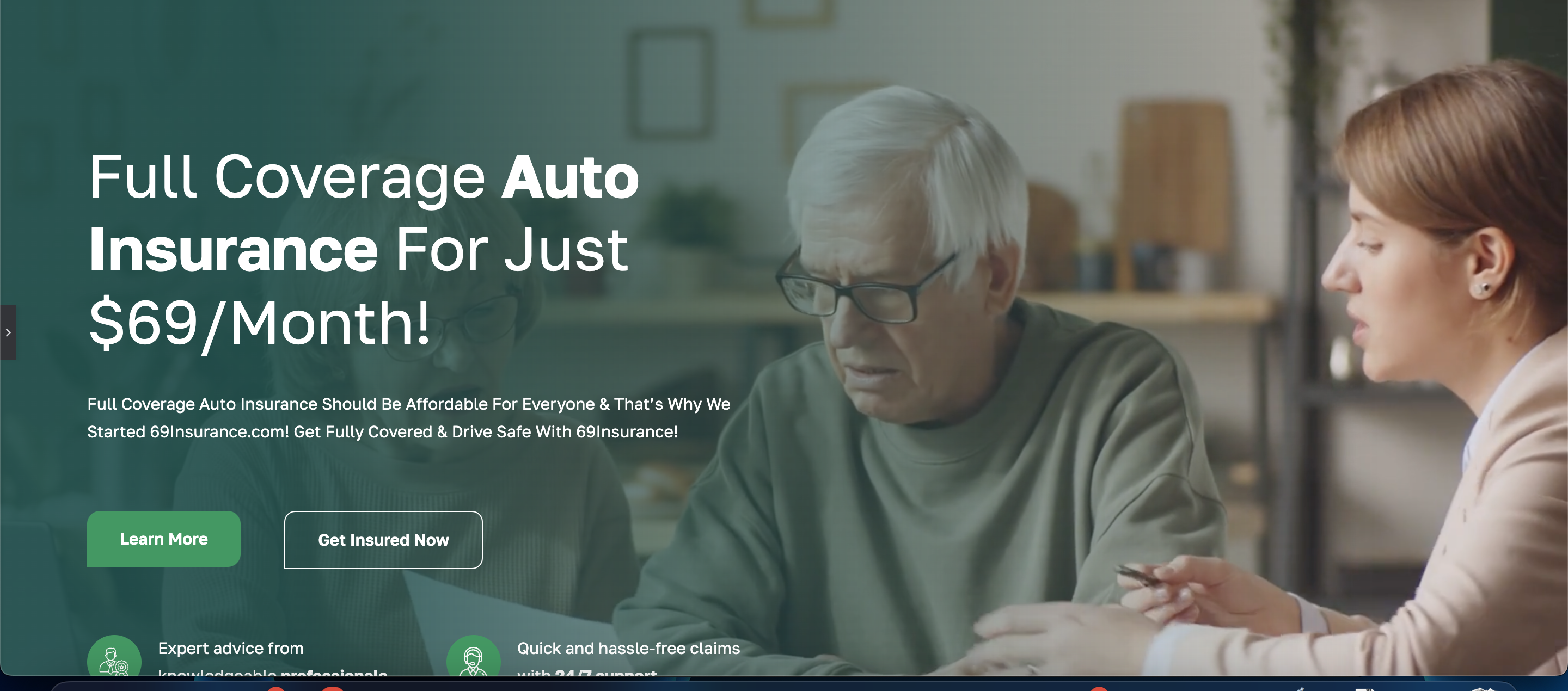
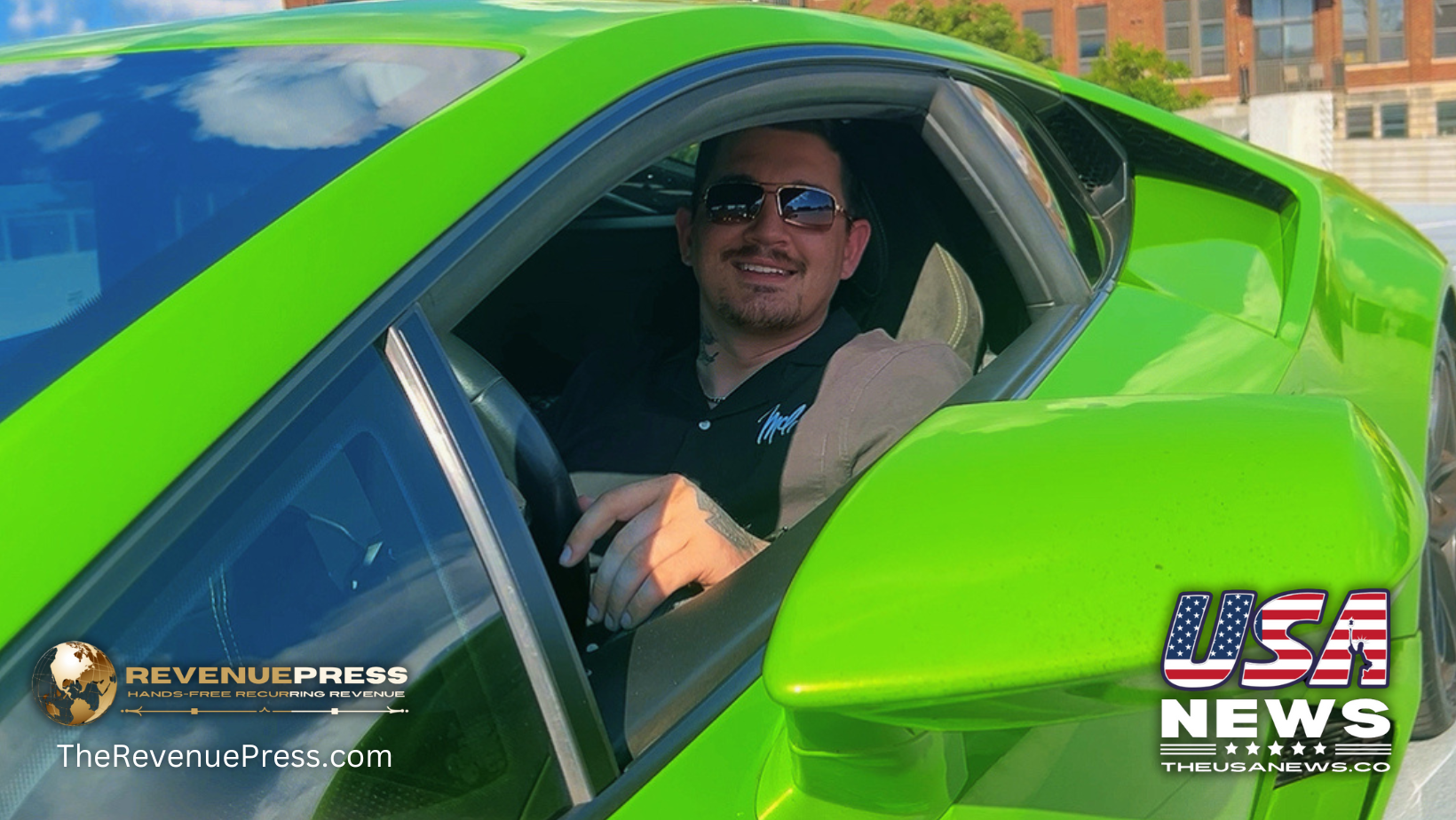
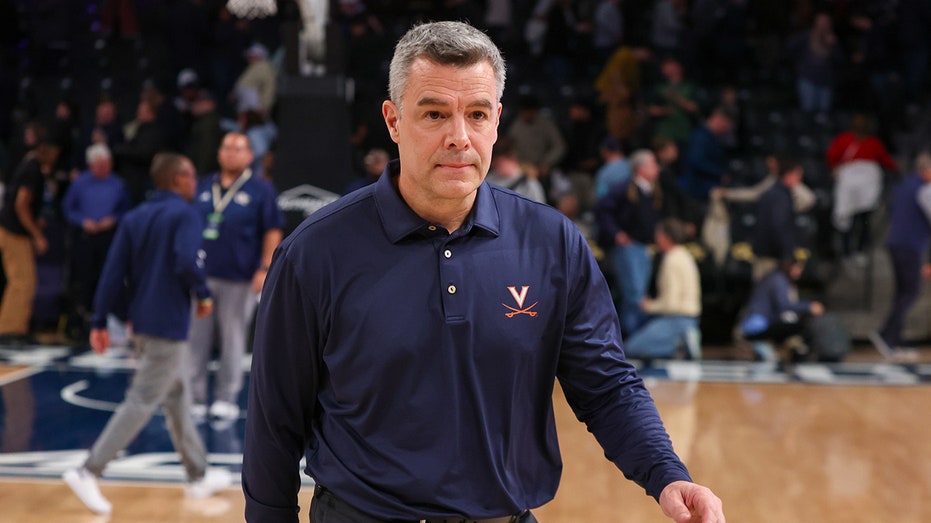

Leave a Reply